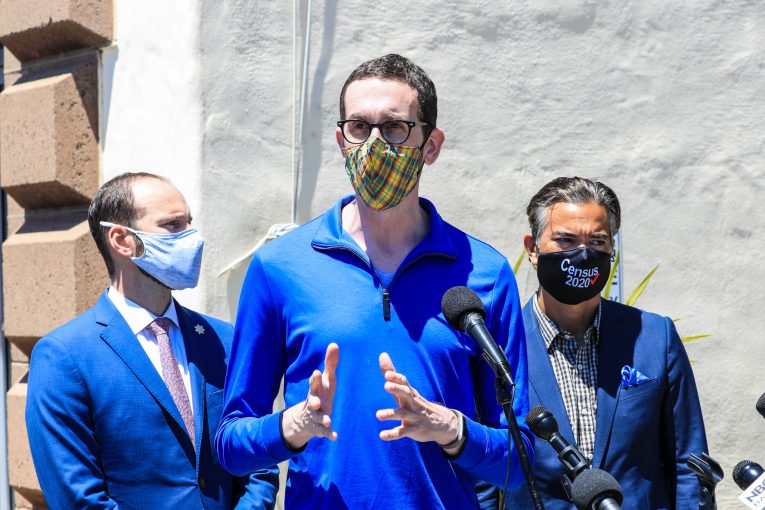

By Brinda Kalita and Mansour Taleb-Ahmed
SACRAMENTO, CA – Legislation authored by Senator Scott Wiener (D-San Francisco), known as the “End Wrongful Convictions Act,” passed the Senate late this week with a bipartisan vote of 30-3.
SB 467 is designed, said Wiener, to amend the standards used for evaluating expert testimony and forensics in court pre- and post-conviction.
“Faulty forensic science is a major reason that people are wrongfully convicted of crimes—and that is a moral stain on our state. The ‘End Wrongful Convictions Act’ will help make our state more fair and just,” said Senator Wiener.
Faulty forensic and scientific evidence, provided by expert witnesses, is the second most common reason leading to wrongful convictions, he said.
According to recent studies from the National Academy of Science (NAS) and cognitive neuroscientist Dr. Itiel Dror, fingerprint analysis, which is often part of expert witness testimony, is highly unreliable and subject to cognitive bias.
Yet, studies showed that courts accept most forensic science and expert testimony without sufficient scrutiny, Wiener noted.
Additionally, the NAS has looked at what is known as the “CSI effect,” which is defined as when jurors tend to rely on their unrealistic notions in regard to precision of forensic evidence. This often comes from portrayals of expert witnesses in pop culture, like television shows and movies.
These two phenomena combined will likely lead to a high rate of wrongful convictions, said Wiener, who explained that SB 467 mitigates the effects that these two phenomena have on court systems today.
SB 467 brings more insight into the definition of false testimony, the lawmaker noted.
Now, false testimony can include any opinions that rely on defective, faulty or outdated technology and also shed light on reckless or untrustworthy opinions, creating a serious scientific dispute questioning its eligibility to be used.
SB 467 mandates that expert opinions not founded on a proper methodology, research, peer reviewed studies or scientifically sound data will become ineligible for inclusion in a testimony and will not be considered by court during a verdict.
The legislation, if signed, allows wrongfully accused defendants, based off untrustworthy testimony by some experts, to claim their post-conviction relief.
SB 467 is sponsored by the California Innocence Coalition, including the Northern California Innocence Project, Loyola Project for the Innocent and the California Innocence Project, who all work together in protecting the rights of the innocent across the state of California.
The goals of SB 467 also align with other bills Senator Wiener has previously presented, including SB 923, to ensure law enforcement must use evidence-based procedures for the obtention of eyewitness identification.
He said eyewitness misidentification is the number one contributor to wrongful convictions, proven with DNA evidence. Back when SB 923 was not a law, California did not have sustainable statewide practices for eyewitness identification, as well as no evidence-based standard established.
When asked about the importance of bills like SB 923 and SB 467, Senator Wiener argued, “Innocent people’s lives depend on the standards we set in our courts.”

It is very important that we believe in Science, but only in science that is evidenced based and has been fact checked :-|
It’s good to make jokes, unfortunately a lot of people have been convicted, wrongly on the basis of junk science.
“The misapplication of forensic science contributed to 52% of wrongful convictions in Innocence Project cases. False or misleading forensic evidence was a contributing factor in 24% of all wrongful convictions nationally, according to the National Registry of Exonerations, which tracks both DNA and non-DNA based exonerations.”
https://innocenceproject.org/overturning-wrongful-convictions-involving-flawed-forensics/